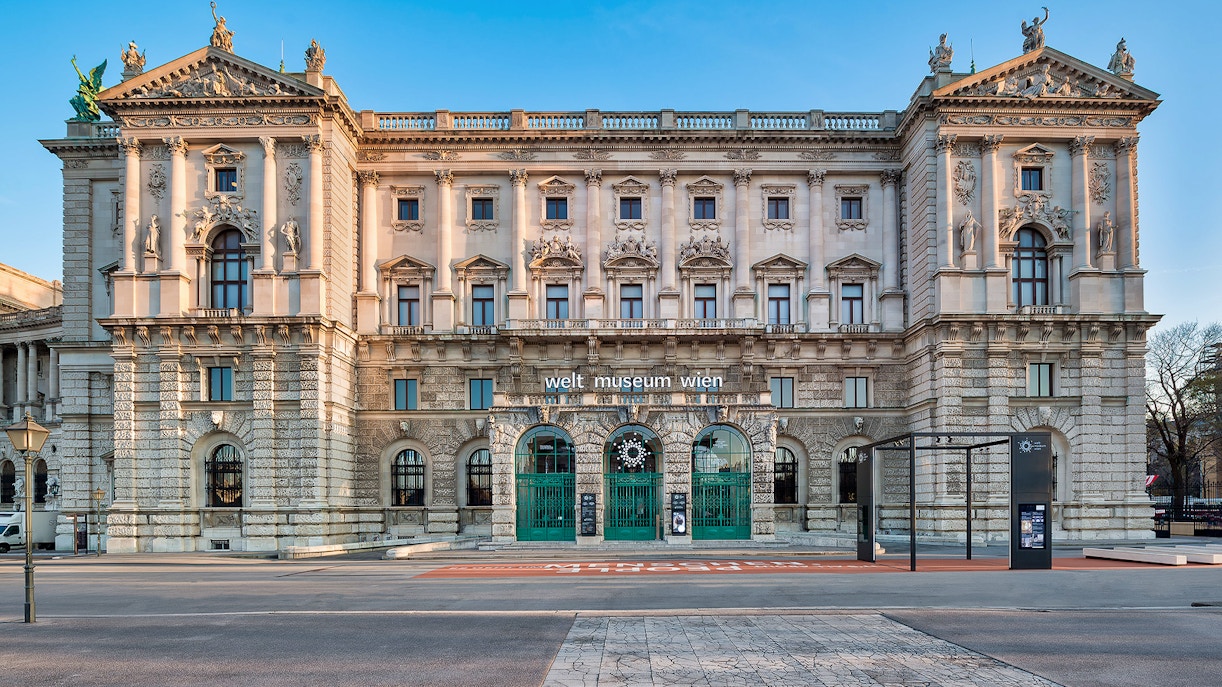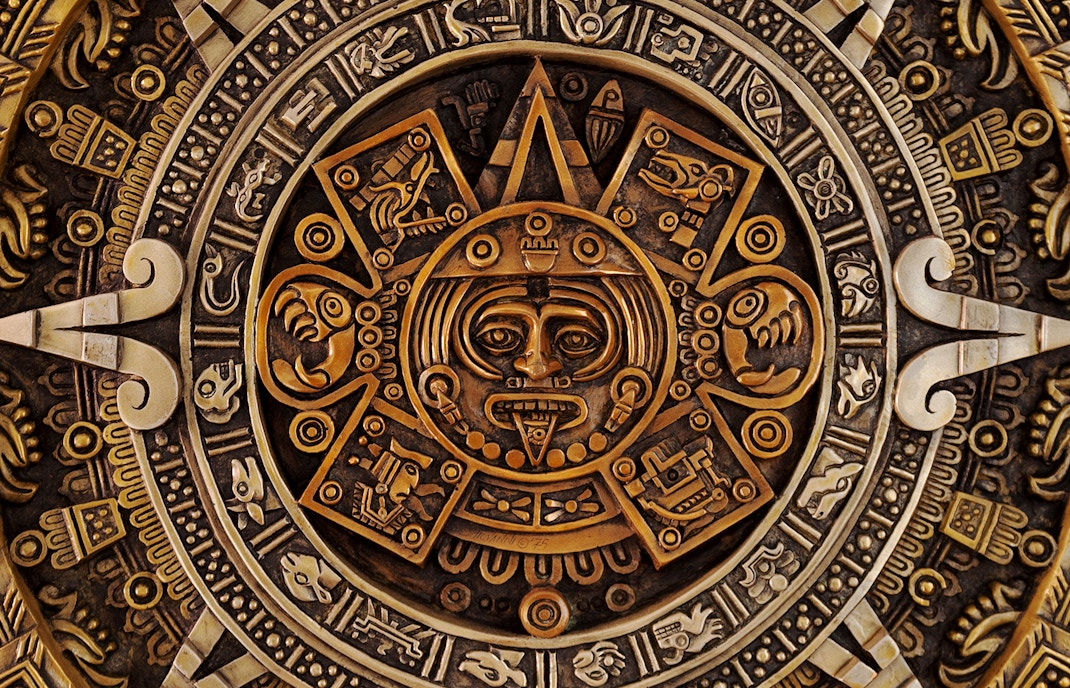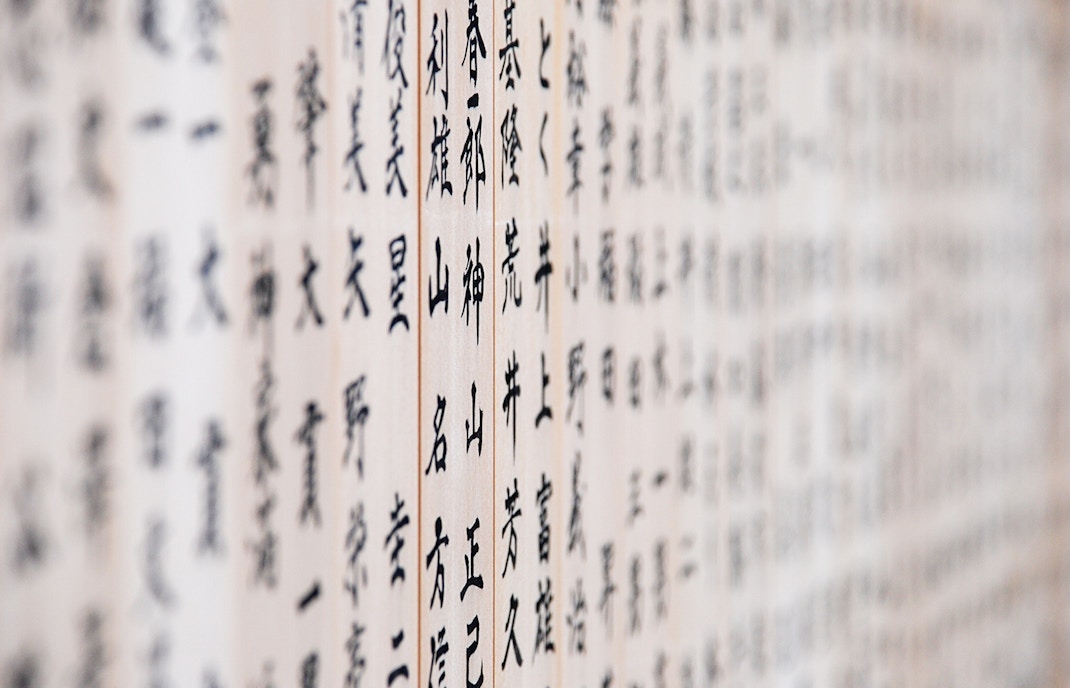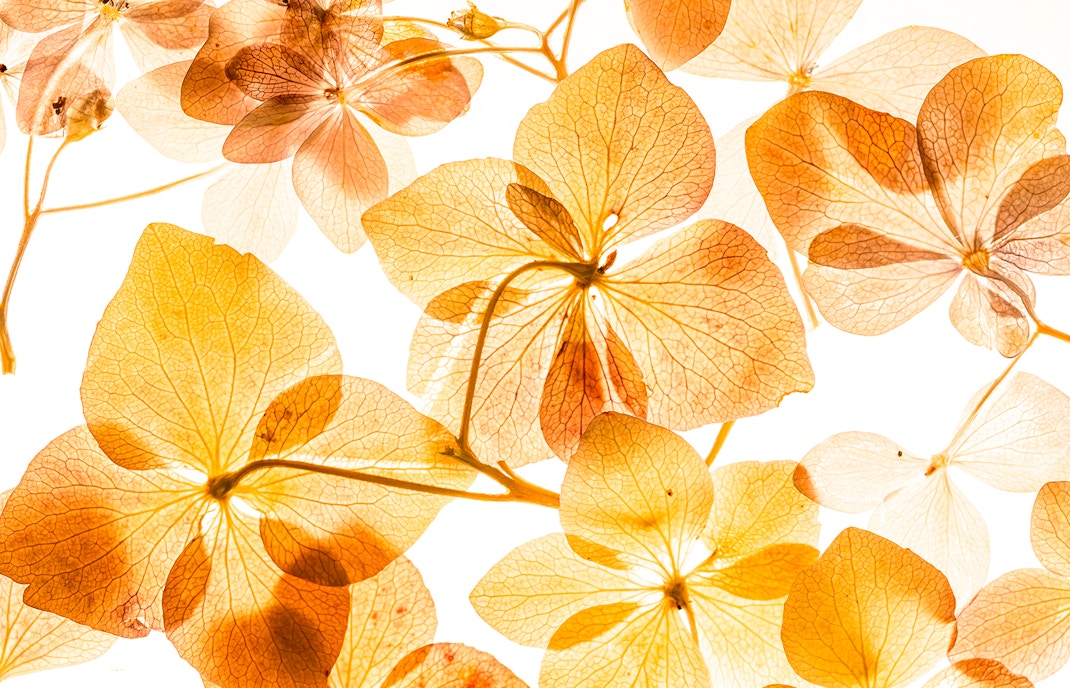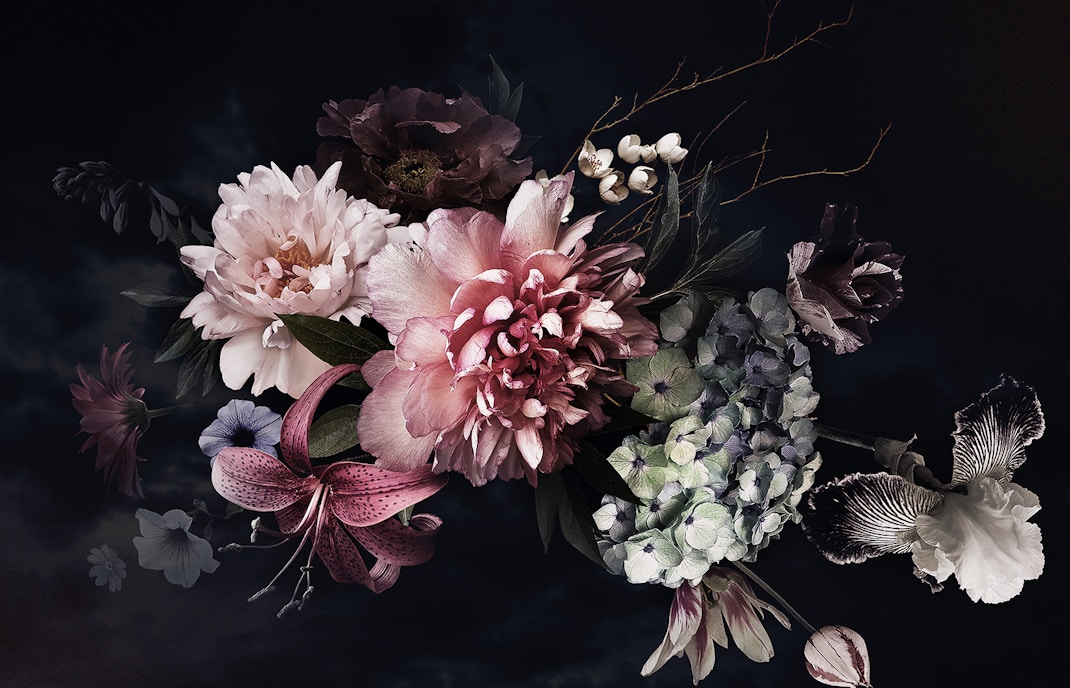The Permanent Exhibition
The central and redesigned permanent exhibition at Weltmuseum Wien features a series of stories presented in fourteen galleries, combining traditional and contemporary interpretations, inviting visitors to explore and experience the museum's captivating offerings. You can find the following exhibitions at the museum:
- Benin and Ethiopia: Art, Power, Resilience
- Culture War in Vienna
- An Austrian Mosaic of Brazil
- In the Shadow of Colonialism
- A New Perception – View on China
- 1873 – Japan comes to Europe
- Collecting Craze. I Suffer from Museomania!
- South Seas: Encounters with Paradise Lost
- Fascinated by Indonesia
- World in Motion
- Into a New World
- At the Threshold of the Orient
- Stories from Mesoamerica
- A Village in the Mountains
Know about Weltmuseum timings
